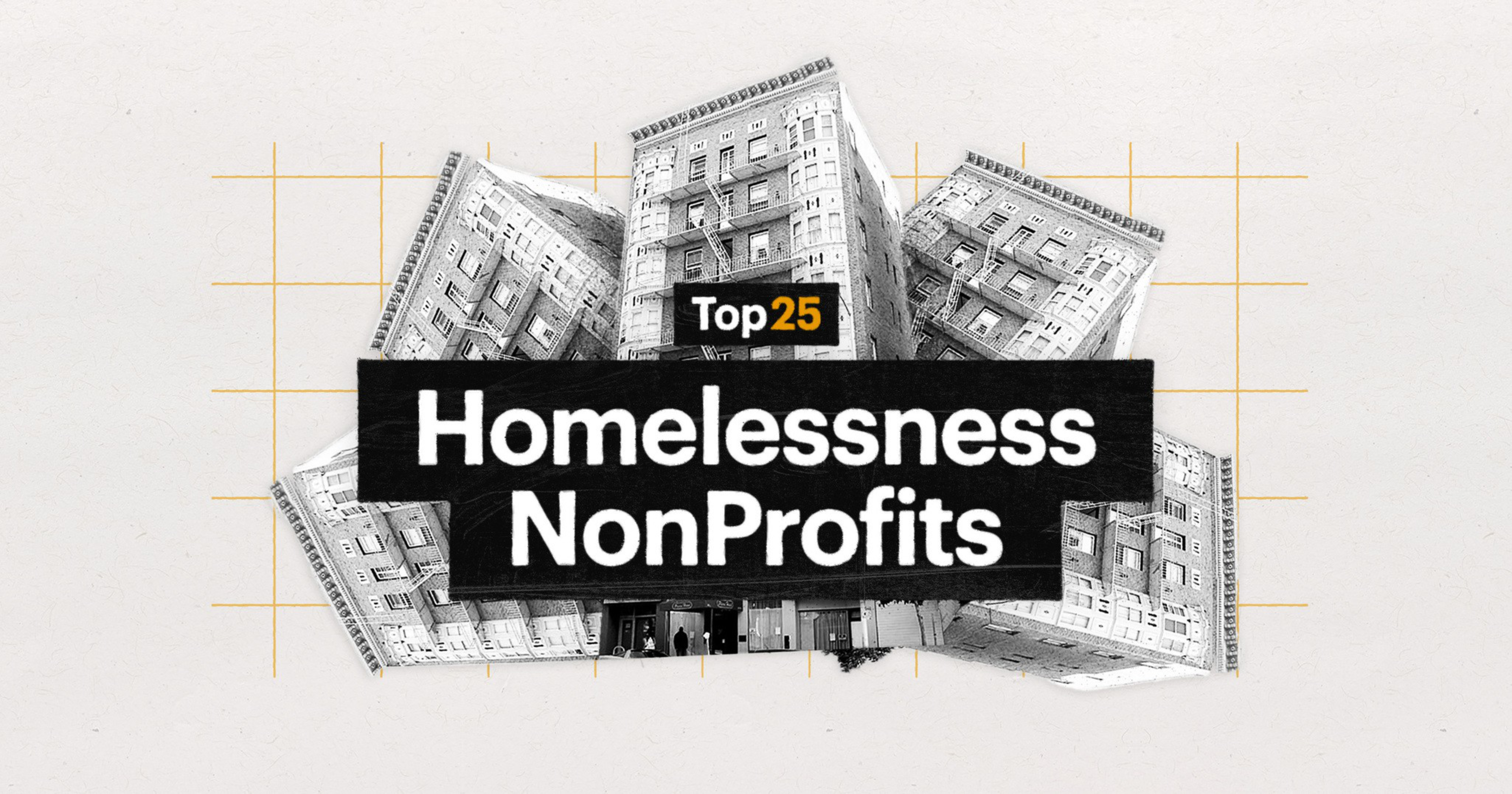Despite massive investments, San Francisco has struggled to find lasting solutions for the thousands of unsheltered people sleeping on the city’s streets each year.
In July 2016, the city launched the Department of Homelessness and Supportive Housing to help consolidate solutions for the problem. With a budget of $667.8 million (opens in new tab)in the current fiscal year, the department delivers most of its core services through nonprofit service providers, some of whom have longstanding relationships with the city.
This week, Mayor London Breed and the mayors of ten other California cities asked Gov. Gavin Newsom and the state legislature for $3 billion over three years to address homelessness (opens in new tab). San Francisco would receive roughly $45 to $50 million in flexible homelessness funding per year, according to Breed’s spokesperson, Jeff Cretan.
Since 2018, the department has made more than $1 billion in payments to nonprofits, including $268 million in the current fiscal year, according to a database maintained by the controller’s office. Operators of supportive housing, navigation centers and shelter-in-place hotels came in as the largest recipients of funds. An investigation by the Chronicle found widespread problems (opens in new tab) with safety, sanitation and a high rate of death among residents of supportive housing sites; an earlier story by The Standard found similar results at one site, The Granada Hotel.
The top-paid nonprofit, Episcopal Community Services, manages a mix of 45 contracts with the homelessness department for a sum of $44 million in fiscal 2022. It has received more than $175 million in the past five years from the department, according to the Controller.
The Tenderloin Housing Clinic ranks second on the list, has ten contracts to run permanent supportive housing sites which have accounted for $33 million in spending so far this year. The Tenderloin Housing Clinic manages a total of 25 buildings (opens in new tab).
HSH has spent $8 million so far this year on the nonprofit Urban Alchemy, which did not receive any funding from the homelessness department in 2018 but has quickly risen to the eighth highest-paid spot on the list. In 2018, the city began paying Urban Alchemy to manage public bathrooms, and the nonprofit now maintains a myriad of contracts to perform security, case management and shelter services. In February, the Board of Supervisors awarded an $18.7 million, three-year contract to run a 250-person homeless shelter in Lower Nob Hill.
Other top-paid nonprofits are a mix of housing and service providers. Also on the list are Tides Center, which describes itself as a “nonprofit accelerator,” and Heluna Health, a provider of health-related services.
